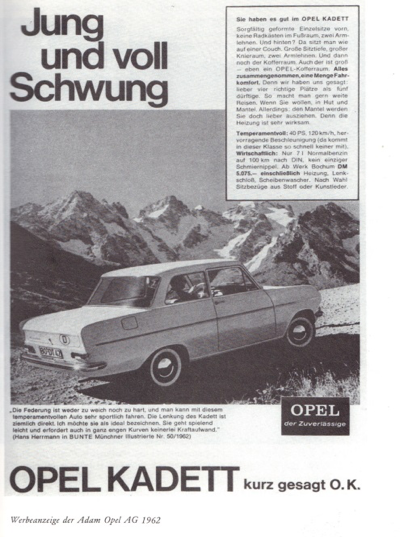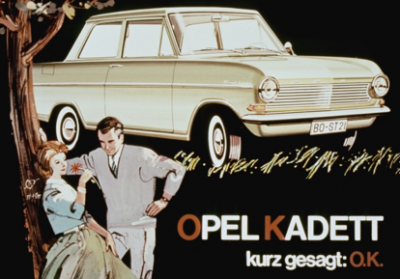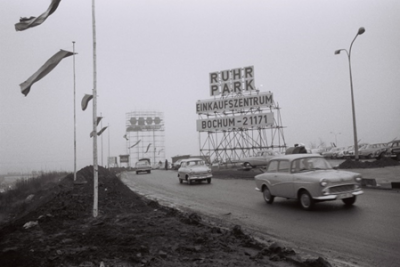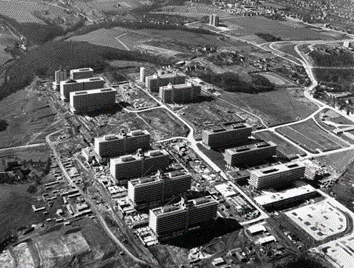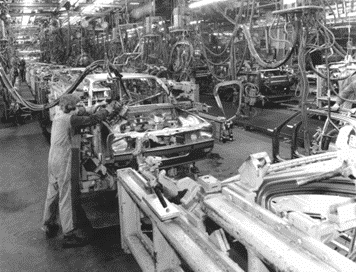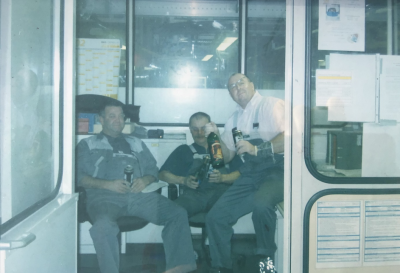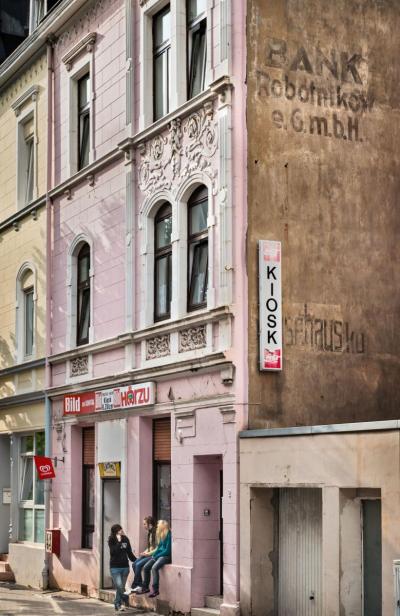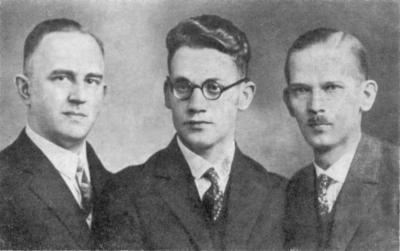Camaraderie and solidarity at Opel in Bochum. Bochum’s Opel workers with a transnational background share their recollections.
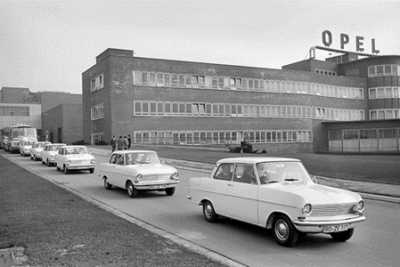
Geopolitical conflicts in the 19th century, two world wars in the 20th century and ultimately the collapse of the communist states in Central and Eastern Europe towards the end of the 1980s caused families to be ascribed various nationalities as Germans, as Poles or as Czechs as, time and again, new borders were drawn between Poland and Germany over many generations. These attributions were created by banal border shifts, despite the fact that the majority of the family members had seldom left their home town. In the meantime, generations of primarily male household members from the border regions migrated to the Ruhr area, which had seen rapid growth since the 19th century as a result of industrialisation.
And so it came to pass that, before the First World War, the great-grandfather as a German from Upper Silesia temporarily migrated back and forth to the Ruhr area – so within the German Reich – so that he could work in the mines during the winter months and in the fields back home during the summer. Then, the grandfather worked in the era of the Weimar Republic as a Pole in the companies involved in the coal and steel economy and then the father, again as a German until the end of the Second World War – along with Polish and Eastern European forced labourers – worked in the pits and in the armoury smithies of the Ruhr area. Finally, in the 1960s, the son took up work at Opel in Bochum as a Polish migrant worker and ultimately united the family from Upper Silesia in Bochum. His children, who were born in the Ruhr area, bettered themselves through education, completed their school-leaving exams and studied at the Ruhr University, started families and, today, work as academics in the Main-Rhine region; all of them like to travel to Silesia in the holidays. Up until the Oder-Neisse border treaty was concluded in 1990, migrants from Poland, particularly from the border region of the former German Upper Silesia, made up the largest group of emigrants in the Ruhr area. To this day, their living and working environments move in the transnational space between integration in everyday German work and life, deep cultural connection to the home region of Upper Silesia and their dominant socialisation in Poland. For centuries, their nationality – whether German or Pole – was merely the result of external attributions and a fluctuating entry in passport documents. In fact, their identities were actually transnational in nature.
This understanding of transnational spaces and identities, developed as a bundle of phenomena resulting from social interactions across national state borders, is critical to the characterisation of employees with cross-border, Polish-German roots at Opel in Bochum. The Opel plants themselves ultimately turned out to be transnational social spaces where special social structures of camaraderie developed, conflicts between different employment groups were certainly created, but also solidarity between colleagues was generated within the context of the company in which, ultimately, the mere formal attribution of a national heritage lost its meaning compared with the everyday experience of camaraderie in the shared social space of the company.
